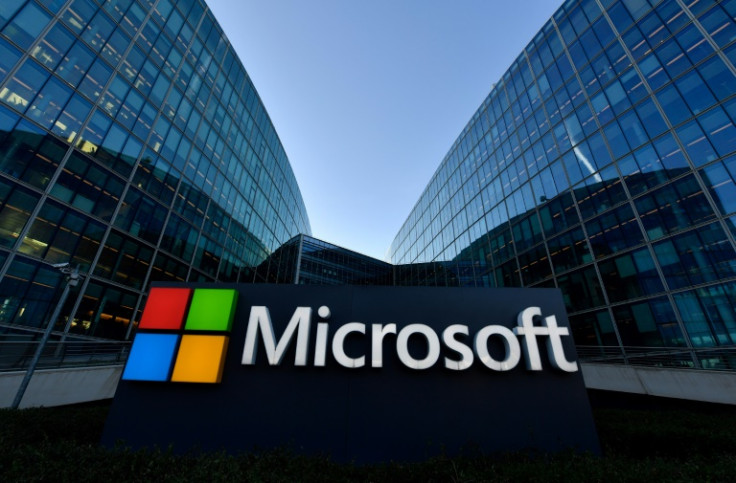Microsoft's patent for 'game changer' AI-powered smart backpack gets approved
The tech giant boasts that their new AI innovation could be a "game changer", revealing that the smart bag contains a camera, microphone, speaker, network interface, processor and storage.

Microsoft Corporation filed a patent for an AI-powered smart backpack. The AI-powered bag has different proposed features like being capable of identifying the objects in the user's surroundings and being able to access the cloud.
The American multinational tech giant filed the patent last May 2023 and was recently approved for public feedback by the United States Patent and Trademark Office (USPTO). Microsoft explained that the backpack would be powered by Artificial Intelligence and "can identify objects in the environment, perform contextual tasks, access information from the cloud and interact with other devices".
In the 24-page document, it shows that the smart bag contains a camera, microphone, speaker, network interface, processor and storage. It also has a pressure sensor in the straps for taking in the user's environment and its battery can be used to charge a smartphone or tablet.
Apart from that, the AI-powered backpack features a compass, GPS unit and bio-metric sensor to help process user requests. The innovation could also be trained to only recognise the user's voice through AI technology.
"Digital assistants are becoming more versatile due to advancements in computing. The present concepts relate to improvements in wearable digital assistants that can perform various tasks for the benefit of users," Microsoft stated.
The Redmond-based corporation also further explained how the backpack can be useful in one's everyday life.
They gave an example related to skiing and how the AI-powered bag can analyse the surroundings and thus, inform the user whether the direction is out of bounds. The tech giant also stated that the smart backpack can add reminders to the user's calendar, based on what is in front of them, and calculate or even compare the price of items in a grocery store.
"The present concepts relate to an artificial intelligence-assisted smart wearable that can function as a hands-free digital assistant. Moreover, the wearable may be context-aware such that a user can provide contextual commands that relate to the environment in which the user is situated and the wearable can understand the contextual command by sensing the environment and using artificial intelligence," Microsoft added.
The corporation, known for its software products such as Windows and Microsoft 365, explained that the process is carried out in six steps. Once the AI-powered backpack receives a command from the user, it will immediately scan the surrounding environment through different sensors.
The smart bag will then send both pieces of information to the Artificial Intelligence engine. Then, the server will interpret the information through speech recognition and natural language processing. Afterwards, the AI will respond according to the task given, whether it be an answer, an acknowledgement that the command has been carried out, and/or a prompt to ask for more information.
"To be fair, there aren't that many smart backpacks with AI in the market for now," the company helmed, by Bill Gates, stated.
They mentioned the 15.6″ Cypress Hero Backpack, one of the products Targus released last year, which is made from 26 recycled PET bottles and has an integrated Apple Find My Locator technology.
Microsoft also added that there's currently an AI-powered smart backpack from Intel, released in 2021, which has a built-in GPS unit that is advertised to help visually impaired individuals scan the world around them. Despite their competitors, the tech giant boasted that their new AI-powered backpack innovation could be a "game changer".
This is not the first time Microsoft has dabbled with AI technology. Back in May, the company gave some users early access to third-party plugins for Bing Chat AI. The tech giant also recently hinted at adding AI features to Xbox, its widely known video gaming brand.
© Copyright IBTimes 2024. All rights reserved.






